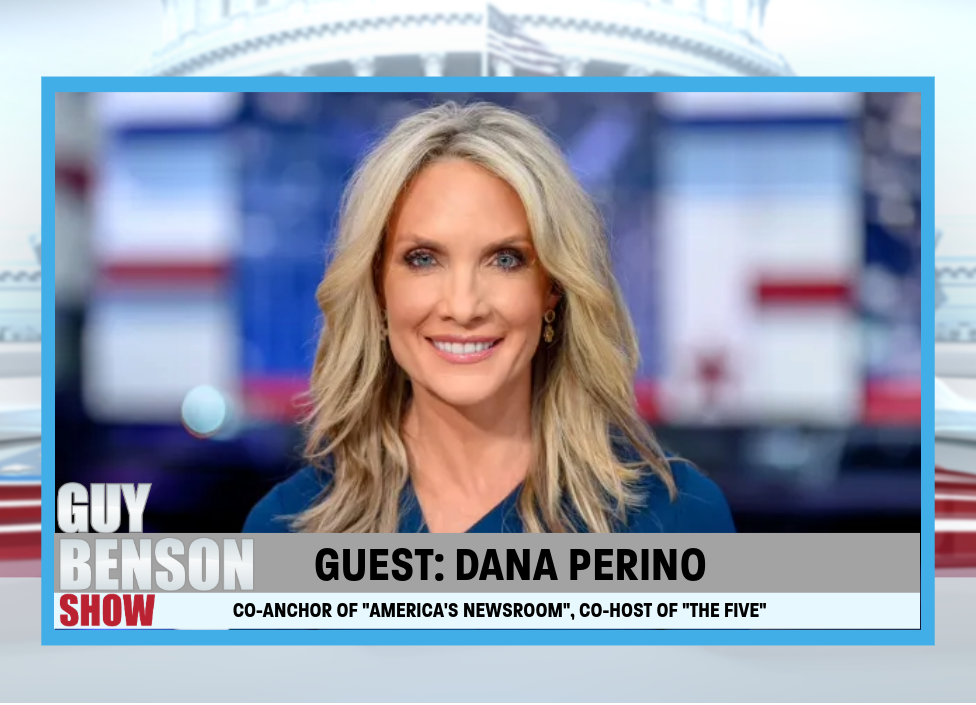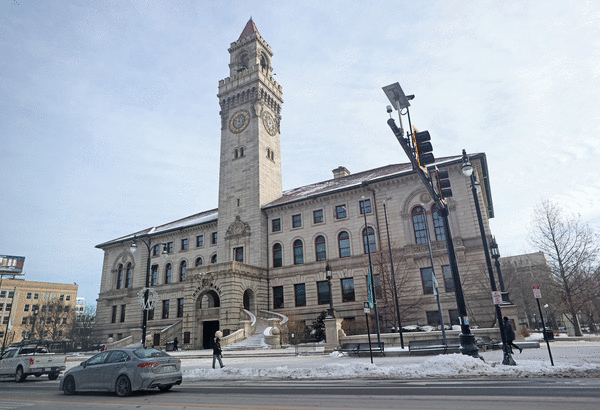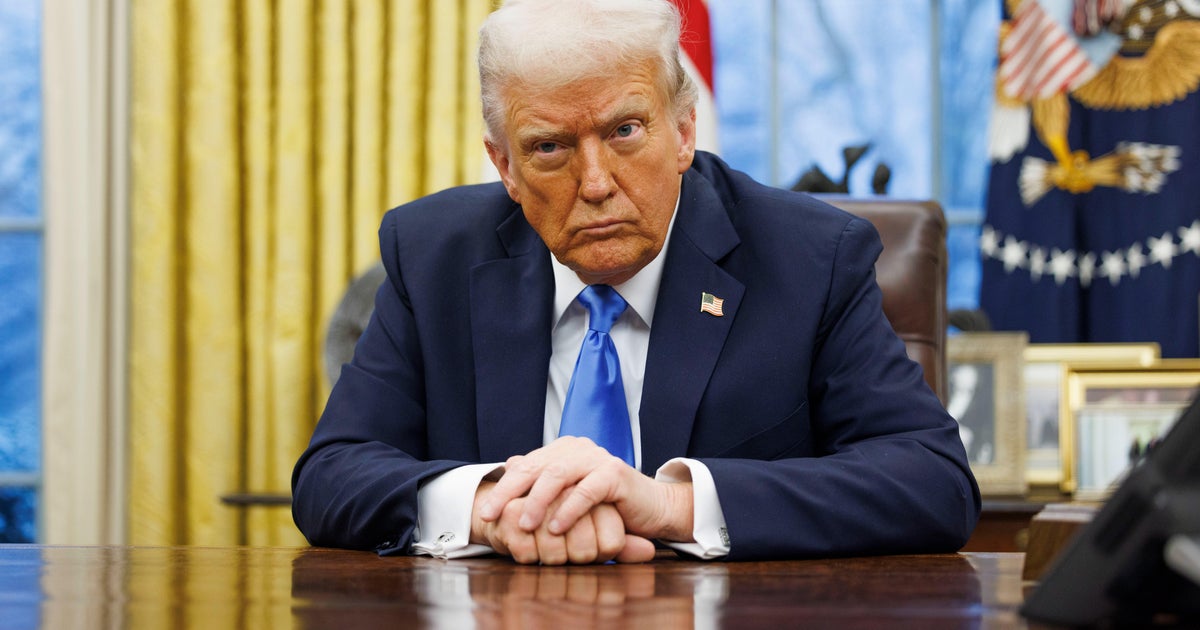Trump Adjusts Expectations on Inflation Relief for Americans

President Trump has tempered expectations around inflation relief, acknowledging challenges while promoting policies aimed at reducing consumer costs amid rising prices for essential goods.
President Trump promised voters that if elected, he would enact policies to bring prices down on "Day 1" in office.
However, three weeks into his term, Mr. Trump and White House officials have become more measured in discussing efforts to tame inflation. They have started to downplay the likelihood that consumer costs, like groceries, will decline soon, reflecting the limited power of presidents to control prices that are largely dictated by global economic forces.
The shifting tone could allow Mr. Trump to reset expectations about how quickly prices will lower as he pursues policies like tariffs and tax cuts, which economists warn could worsen inflation.
Mr. Trump and his advisers contend that expanding American energy production and rolling back regulations will reduce costs. They also argue that some tax proposals, such as eliminating taxes on overtime, would curb inflation by incentivizing workers to put in longer hours, thus expanding the labor force.
In a recent interview, Mr. Trump hesitated when asked about when families struggling with high prices could expect relief. He suggested that his policies would render America a wealthy country, theoretically easing the consumer burden by increasing their earnings.
During a briefing last week, White House press secretary Karoline Leavitt claimed Mr. Trump was doing everything possible to alleviate the nation's cost-of-living crisis. However, when asked about when Americans might feel relief from high prices, she stated, "I don't have a timeline."
Vice President JD Vance also tempered expectations regarding the imminent drop in consumer prices, stating, "Rome wasn't built in a day" and that it would take time for grocery prices to decline.
The rise in grocery prices is considerably slower than in previous years. For instance, at one point in 2022, prices surged almost 14 percent annually. As of December, that category saw an increase of just 1.8 percent over the previous year, according to Bureau of Labor Statistics data.
However, these cooling price gains do not indicate lower prices. Many items remain more expensive than a year ago, with consumers facing sticker shock on groceries like eggs and coffee. As of December, a dozen eggs cost $4.15, up from under $3 six months prior. Prices have increased nearly 40 percent over the past year and are likely to worsen due to an avian flu outbreak causing egg shortages.
Popular restaurant chains like Waffle House have added egg surcharges to their menus, and grocery stores nationwide have begun limiting egg purchase quantities.
Inflation figures released showed that consumer prices unexpectedly increased, rising at an annual rate of 3.0 percent in January, with core inflation jumping to 3.3 percent. A significant factor in this increase was the cost of food at home, especially eggs, which saw a spike of 15.2 percent in January, the largest monthly increase since 2015.
Economists were already concerned about further price hikes stemming from Mr. Trump's tariffs. The president implemented 10 percent tariffs on China and 25 percent on foreign steel and aluminum, with potential future tariffs on Canada and Mexico.
On the campaign trail, Mr. Trump even suggested a universal tax on imported goods, potentially escalating previous actions from his first term. He is prepared to impose "reciprocal" tariffs matching those other countries apply to U.S. exports.
Economists express concerns that a one-time price increase amid ongoing inflation could lead to cascading price hikes over time, thereby increasing overall inflation. The future inflation trend will depend on how Mr. Trump structures his policies, the retaliatory measures from other nations, and whether consumer spending habits change.
The Federal Reserve had previously chosen to overlook a temporary increase in prices when Mr. Trump initiated his first trade war in 2018, as inflation at that time was significantly below the 2 percent target, prompting officials to lower interest rates in 2019. With the current inflation landscape starkly different, the Fed may not have the same flexibility.
Mr. Trump recently suggested in a social media post that "Interest Rates should be lowered, something which would go hand in hand with upcoming Tariffs!!!" However, the Fed has not indicated any intention to do so, given minimal signs of an impending recession and ongoing price pressures.
Many economists consider Mr. Trump's promises to lower consumer prices to be unrealistic, noting that deflation is not inherently a sign of economic health.
Consumer sentiment regarding future inflation is mixed, with a recent survey detailing a significant jump in inflation expectations for the next year to 4.3 percent. A separate survey by the Federal Reserve Bank of New York revealed no noticeable change in consumer perceptions regarding near-term inflation risks but indicated a slight uptick in five-year inflation expectations.
A CBS News poll this week noted that 66 percent of Americans believe Mr. Trump is not doing enough to lower prices, suggesting ongoing concerns about his administration's effectiveness in addressing inflation.
Despite it being early in Mr. Trump's term, Democrats have highlighted rising prices as evidence that the administration's strategies are faltering. Senator Chris Van Hollen remarked, "What we're really facing here is an administration that campaigned on bringing down prices and is not doing that."




















